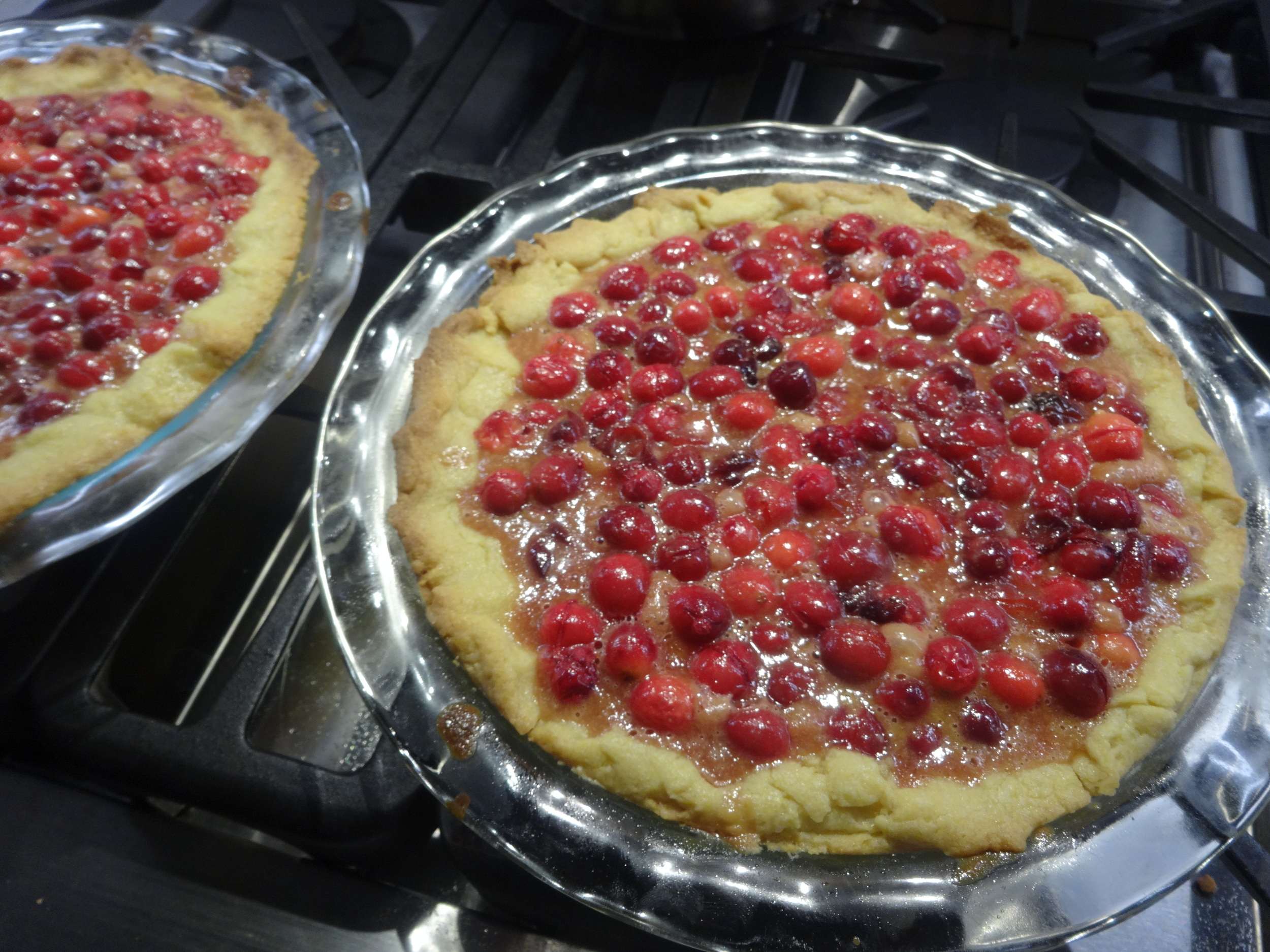 Family traditions are wonderful. They have so much meaning because they are particular to each family and therefore unique. You can even create your own, modify the ones from your family, or simply keep the ones you like and pass them down to your children. Holiday traditions also ground you in your cultural heritage. And what's best about beloved family traditions is that you can look forward to them each year because they will keep coming back again and again. There is comfort in knowing that and traditions give you a sense of belonging, something that is even more important for children than for adults.
My husband's family used to do Pie Night on the Tuesday before Thanksgiving. All the pies for Thanksgiving dinner for 35 or so people would be made that night. Crazy! It was my husband's dad who was in charge. Pie night was his thing. It was a beloved family tradition for many many years, especially the children loved it of course. So many pies would be made that people could take leftovers home.
Family traditions are wonderful. They have so much meaning because they are particular to each family and therefore unique. You can even create your own, modify the ones from your family, or simply keep the ones you like and pass them down to your children. Holiday traditions also ground you in your cultural heritage. And what's best about beloved family traditions is that you can look forward to them each year because they will keep coming back again and again. There is comfort in knowing that and traditions give you a sense of belonging, something that is even more important for children than for adults.
My husband's family used to do Pie Night on the Tuesday before Thanksgiving. All the pies for Thanksgiving dinner for 35 or so people would be made that night. Crazy! It was my husband's dad who was in charge. Pie night was his thing. It was a beloved family tradition for many many years, especially the children loved it of course. So many pies would be made that people could take leftovers home.
We have been trying to keep Pie Night, but seem to have to modify it each year to accommodate busy work schedules. This year we are having three Pie Nights. It is important for us that everything gets made from scratch, and since the crusts are all different there is no way to shorten the process assembly line style - hence three nights. Last night, on Pie Night #1, we made cranberry tartes. Tonight, on Pie Night #2, we will make maple syrup pie and pumpkin pie with hazelnuts, and tomorrow,on Pie Night #3, we will make apple galettes.
What Thanksgiving traditions do you cherish?


